I spent the weekend torturing Brother Tuck, the Bloody Monk. I am over 30,000 words into the first draft of Vampire Outlaw and my version of Friar Tuck is a disgusting, evil, blood sucking fiend.
But why is he not called Friar Tuck in my story?
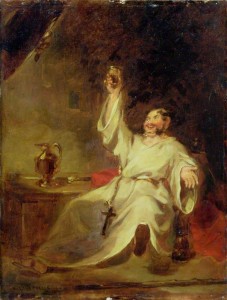
Friar Tuck was a character from his own tales before he was integrated into the Robin Hood myth (as was Maid Marian). In fact he was often a part of the interactive theatre of festivities in the May Games throughout England. No doubt he was great fun to play and would have been subject to cathartic laughter and jeering in his part as a symbol of the idle churchmen.
But the word friar for monks was only applied in England to the orders of the Franciscans (the Grey Friars, due to the colour of their robes) and the Dominicans. These fellows first arrived in England after 1220 and my story takes place in 1216-17.
The English term Friar is derived from the Norman French word frere, from the Latin frater (“brother”). There was a long history of British monasticism, particularly the Irish kind that was driven out by European imports.
Before the burgeoning of new monasticism in the 13th century, the monks around 1200 were largely the urban Benedictines who came in with the Normans and the relatively new, semi-isolated communities of Cistercians.
The Robin Hood myth is endlessly fascinating of course. Tuck’s various portrayals as a fat, drunk, jolly, lazy old sod reflect one view of the monks in the later medieval period. That monks were seen by hard working folk as being somewhat parasitical should come as no surprise. Integrating a familiar character into the Robin Hood ballads was “a no-brainer” as one bard described it (not really).
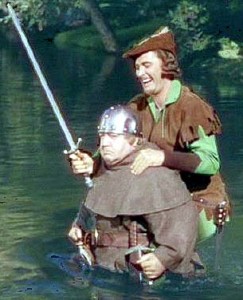
Interestingly, there was a man called Robert Stafford, chaplain of Linfield Parish in Sussex who assumed the name “Frere Tuke” when he led an outlaw band in the early 15th century. This fact is so awesome that I can barely contain myself.
Tuck is a strange name, isn’t it? Yet the combination of words in “Friar Tuck” is so familiar to us that it barely registers. Maybe everyone was called Tuck back in the old days? But Tuck, or Tuke or variations was not a common family name. In fact, it barely shows up at all.
So where does it come from? I have read assurances that it refers to the way that he greyfriars and blackfriars would “tuck” the long skirts into their gowns when they walked through the mud and muck of a typical English village, town or just about anywhere earth encountered people.
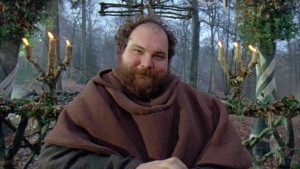
There is another suggested etymology. I think it pretty likely that our 15th Century outlaw named Friar Tuke was a phonetic spelling of the word took or take. So, Brother Took would take what he liked from his victims.
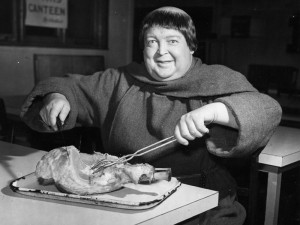
In Vampire Outlaw, however, the Bloody Monk is so named because he likes to tuck into the blood and flesh of his victims with great passion. He’s a dangerous fellow. You should see what he’s done to his Prior.
The next bit of the story I’m writing features the guerilla warfare carried out by William of Cassingham and his band of merry archers who fought the invading French in the wooded Weald of Kent. Cassingham is one of the many suggested historical precursors to the Robin Hood myth and, I have to say, my favourite.
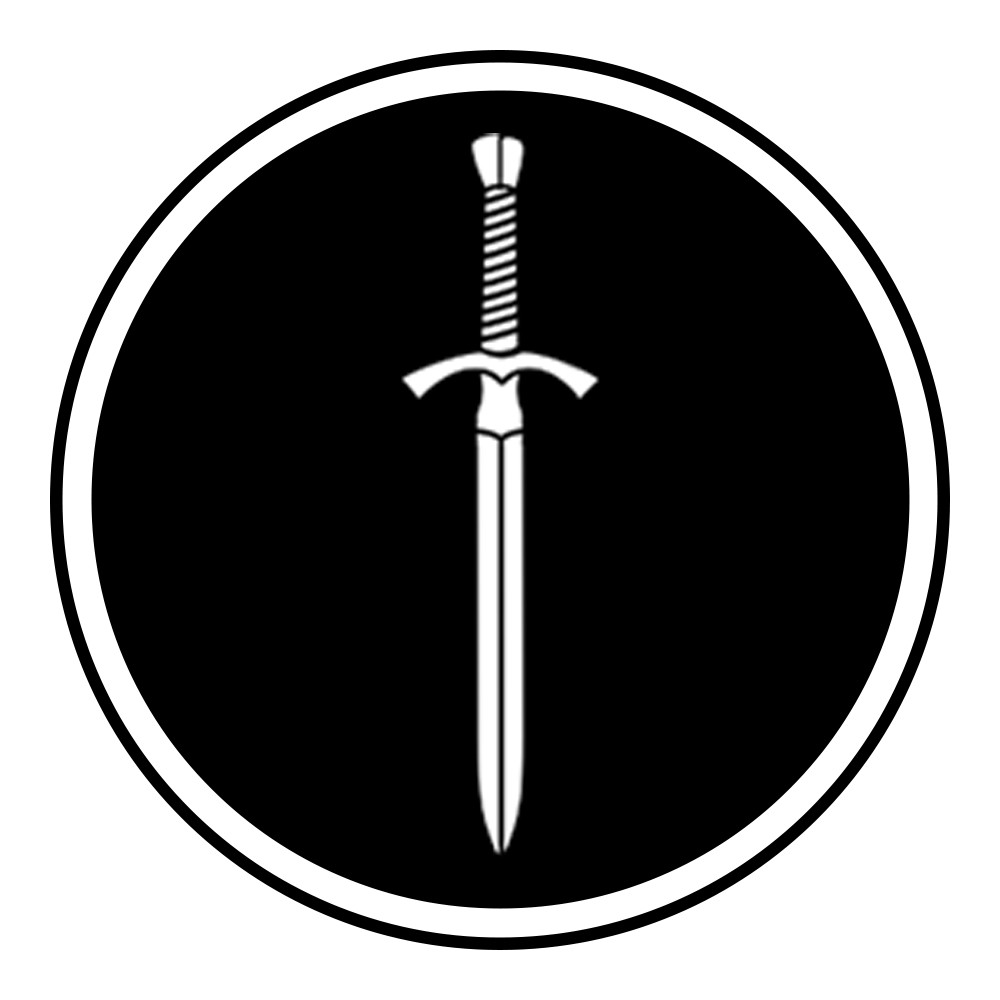
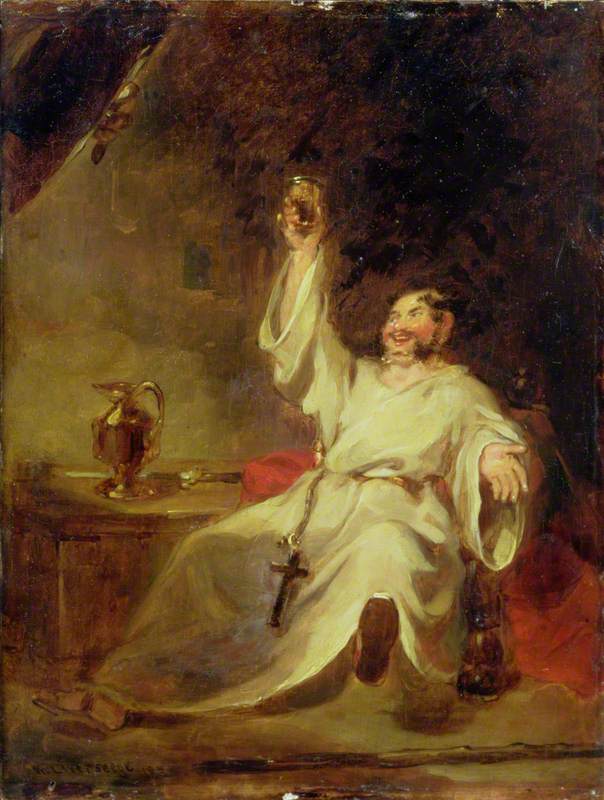
I never knew Friar Tuck was a folk character in his own right, but it makes sense. I know some of the characters in the King Arthur saga had stories before the Table Round. People just can’t resist the all-star cast.
Yes that’s it. It’s the same thing they’re doing now with the Marvel extended universe – the Avengers and stuff.